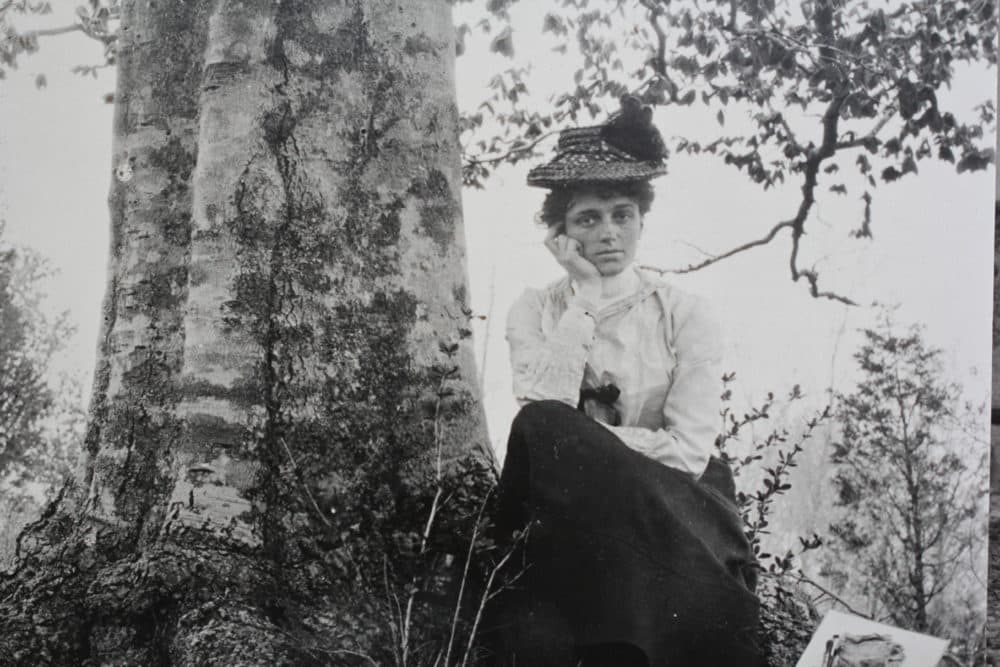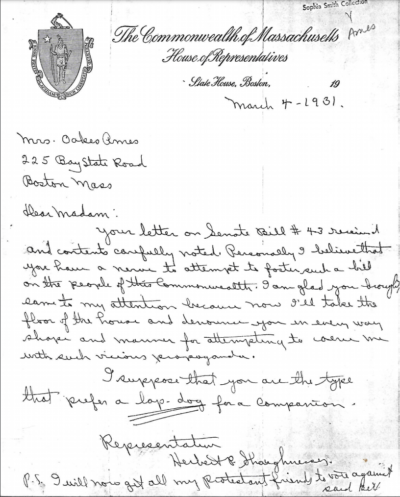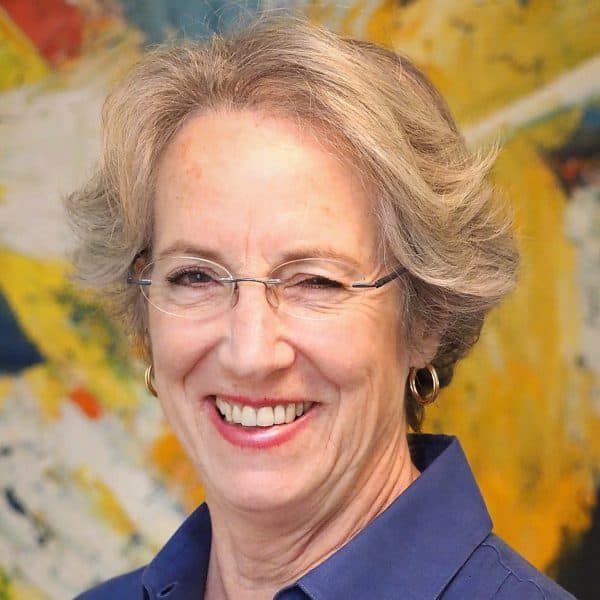Advertisement
Commentary
There's A Long History Of Fighting For Reproductive Freedom In Mass.

It’s easy to forget what life was like in Massachusetts before birth control and abortion care were legal and readily accessible. But that life is becoming reality in some states around the country. This week the Supreme Court allowed a Texas law banning abortions after six weeks to go into effect, a law that sets a dangerous precedent and could create a path for other states to override people’s constitutional rights. The Supreme Court will hear a direct challenge to Roe v. Wade this fall from the state of Mississippi, and no matter how the Court rules, the state-by-state fight to expand access and push back against these horrific restrictions is more important than ever.
States across the country have introduced hundreds of regulations this year to push abortion care out of reach and limit people’s ability to make their own health care decisions, but Massachusetts continues to push to make reproductive freedom a reality for all. This advocacy is a crucial part of our history.
Despite federal Comstock Laws in the late 1800s outlawing the distribution of information about contraceptives because they were supposedly obscene, Massachusetts was home to one of the country’s very first family planning organizations: the Birth Control League of Massachusetts. The League started as a defense fund for a local activist who distributed pamphlets on family planning to young women working at the North End Candy Factory in 1916.
[E]ssential health care shouldn’t depend on which party holds the White House.
Blanche Ames and other advocates led the League, hosting rallies, public meetings and debates. The group lobbied legislators for reforms that would categorize information about contraception as protected free speech, but they were unsuccessful. Their efforts were met with derision by the Catholic Church, lawmakers, journalists and other local leaders who alleged that the feminists were a menace to society, spreading immorality, and funded by “Soviet gold.” We know this because it’s recorded in the History of the Birth Control Movement, a typescript included in the Ames family papers at Smith College.
In frustration, Ames carved a wooden penis and took it out to Commonwealth Avenue where she demonstrated how to apply a condom. She was promptly arrested. Several years later, the Massachusetts Legislature rejected a bill that would have allowed physicians to discuss contraception with their patients, despite its widespread support among doctors, ministers and churches. The opposition declared that “passage of the bill would lead to widespread immorality.” Clearly, these male legislators did not have the same personal investment in birth control and education that women did.
In 1932, the League opened the Brookline Mothers’ Health Office, a clinic offering contraception and other health services to married women. Finally, in 1937, the American Medical Association endorsed birth control as accepted medical care. Nevertheless, police shut down all the Birth Control League’s five clinics later that year. In an attempt to meet the needs of poor women no longer served by the clinics, Ames made illegal diaphragms in her home using darning rings and liquid latex. She even cooked up recipes for spermicides to use with them.
Advertisement

When the Birth Control League changed its name to the Planned Parenthood League of Massachusetts in 1945, one woman wrote to the League:
Is there any way possible for me to never become pregnant again? I mean until I die. We have been married for five years. I have had five children and one miscarriage … I have a moral obligation to the five I have. I think I should rather end my life than go through another pregnancy and bring another child into the world where it cannot be cared for properly.
Parents seeking a better life for their existing children rely on birth control and abortion care today. According to the Guttmacher Institute, 59% of people who have an abortion already have at least one child.
In the early 1970s, the U.S. Supreme Court ruled in several landmark cases that making decisions about one’s own body is a basic right. The Court decreed that states couldn’t deny contraception to married couples, struck down the Massachusetts law banning the distribution of contraceptives to unmarried people, and then ruled in Roe v. Wade that the Constitution protects a pregnant person’s liberty to have an abortion.
At last, everyone was allowed to get birth control from their doctor, but not everyone had access to a physician.
Today, reproductive health care access remains politicized and inequitable. In 2019, the Trump administration instituted a gag rule preventing health care providers from receiving federal family planning funds if they referred patients for abortion care. President Biden is overturning this rule but essential health care shouldn’t depend on which party holds the White House.
Politically motivated, medically unnecessary barriers like the Trump-era gag rule push care out of reach for millions across the country, disproportionately harming young people, people of color, people with low incomes and residents of rural areas.
Massachusetts has established the right to abortion within the state constitution, but a right does not guarantee access.
When the Supreme Court officially hears the direct challenge to Roe v. Wade — a Mississippi ban on abortions after 15 weeks of pregnancy — it will do so with a 6-3 anti-abortion majority, that's already allowed the Texas ban to go forward after just six weeks of pregnancy. Should the Court overturn Roe, even more discriminatory barriers will be reinstated across the country.
Barriers to care will not stop the need for safe, legal abortion — they will just make it unsafe and more difficult, if not impossible, to obtain. Massachusetts has established the right to abortion within the state constitution, but a right does not guarantee access. Sexual and reproductive health disparities persist, so we must continue to lean into our history of expanding access and reproductive freedom for all.
Massachusetts lawmakers have the opportunity to support all people's pregnancy decisions by passing legislation that would eliminate insurance copays for the full spectrum of pregnancy-related care, including abortion, prenatal care, childbirth and postpartum care. Removing financial barriers advances equitable access and ensures no one is denied the care they deserve.
People deserve the freedom to decide how many children to have, and when and if to have them, and the ability to get the care they need. We can’t allow any part of our country to go back to a time when abortion care and birth control were outlawed by lawmakers seeking to force their own beliefs on the rest of us.
We must ensure that everyone has access to reproductive health care, no matter what.

